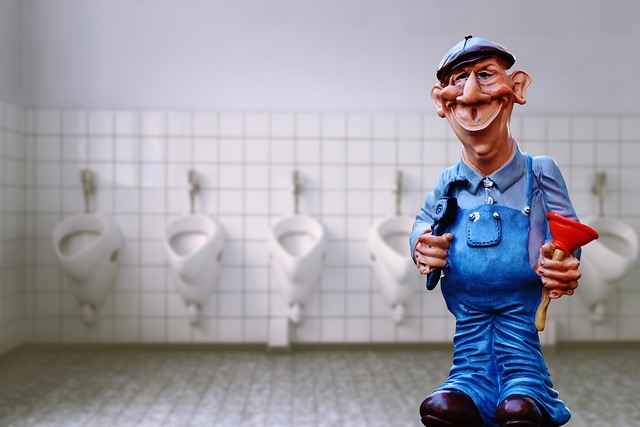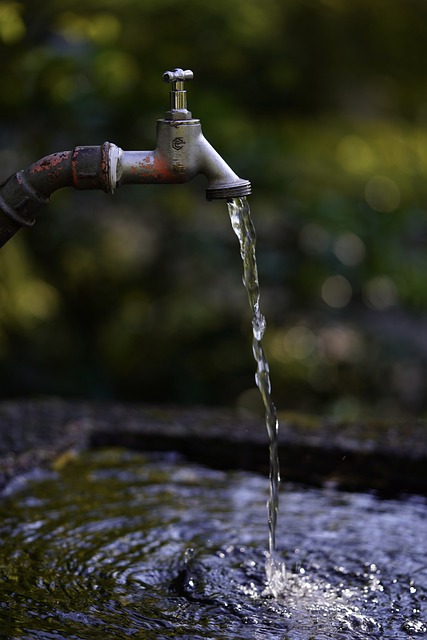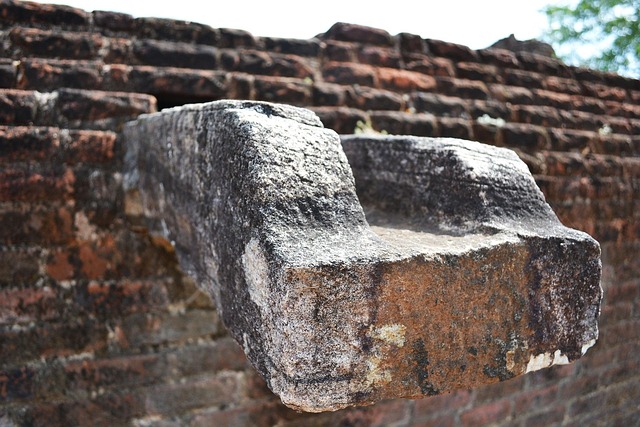Recognize early signs of drain congestion like slow drainage, gurgling, or standing water. Act swiftly using cleaning tools or professional plumbers to avert major clogs and plumbing damage. Preventive measures include regular hot water flushing, using drain covers, and watching for Signs of a Clogged Drain. For minor obstructions, try plunging or baking soda/vinegar mixtures; call a pro for persistent issues like water backing up, gurgling pipes, or foul odors. Regular professional cleaning ensures efficient drainage.
Are you a homeowner tired of dealing with clogged drains? This comprehensive guide is your go-to resource for maintaining smooth drainage. Learn to recognize subtle signs of a blocked drain, from unusual noises to slowing water flow. Explore preventive measures like regular cleaning and proper disposal practices. Discover effective unclogging methods and know when it’s time to call in professional help. Take control of your home’s drainage health!
- Recognizing Signs of a Clogged Drain
- Strategies to Prevent Drain Clogs
- Unclogging Techniques and When to Call a Professional
Recognizing Signs of a Clogged Drain

Recognizing signs of a clogged drain is the first step in maintaining smooth drainage at home. Slow drainage, gurgling sounds coming from pipes, and standing water in sinks or showers are telltale indicators that something is amiss. These issues can escalate quickly, leading to more severe clogs or even damage to your plumbing system.
Paying attention to these early signs allows homeowners to take prompt action. Using drain cleaning tools or calling a professional plumber can prevent minor inconveniences from turning into major problems. Regular maintenance and checking for Signs of a Clogged Drain will ensure your home’s drainage system remains efficient and effective, saving you time and money in the long run.
Strategies to Prevent Drain Clogs

To keep your drains healthy and avoid costly clogs, implement these preventive strategies. Regularly pouring hot water down your drains can help dissolve grease buildup and prevent hair from sticking to pipes. Consider using a drain cover or catcher to capture hair and other debris before they enter the drain. Additionally, be mindful of what goes down your drains; never dispose of grease, coffee grounds, or large food particles. Stick to flushing disposable items like wet wipes in the toilet, not the sink.
Also, schedule professional drain cleaning services at least once a year to remove any built-up residue and ensure smooth water flow. Keep an eye out for signs of a clogged drain, such as slow drainage, gurgling noises, or foul odors, as these could indicate a problem before it becomes severe.
Unclogging Techniques and When to Call a Professional

If you’ve encountered a clogged drain, there are several unclogging techniques you can try before calling a professional. Start by using a plunger to create a seal around the drain opening and then forcefully push down, followed by lifting quickly to force water and blockages out. Another effective method is the vinegar and baking soda combination: pour 1/2 cup of baking soda down the drain, then slowly pour 1 cup of white vinegar while covering the drain with a wet cloth to trap steam. The fizzing reaction will help break up any clogs.
While these DIY methods can often clear minor obstructions, persistent or severe clogs may indicate deeper issues and require professional intervention. Signs of a clogged drain that warrant calling a plumber include: water backing up into the sink or tub, a gurgling sound coming from pipes, slow drainage, or a foul odor emanating from drains. A professional will have the tools and expertise to locate and remove stubborn blockages, ensuring your drains function optimally.
Maintaining healthy drains is crucial for any homeowner, as clogged drains can cause significant disruptions. By recognizing the signs of a blocked drain and employing preventive strategies, you can keep your plumbing system running smoothly. Regular cleaning and proper disposal of household items are key to avoiding costly unclogging issues. If clogs persist, however, don’t hesitate to seek professional assistance to ensure long-lasting drainage freedom.
